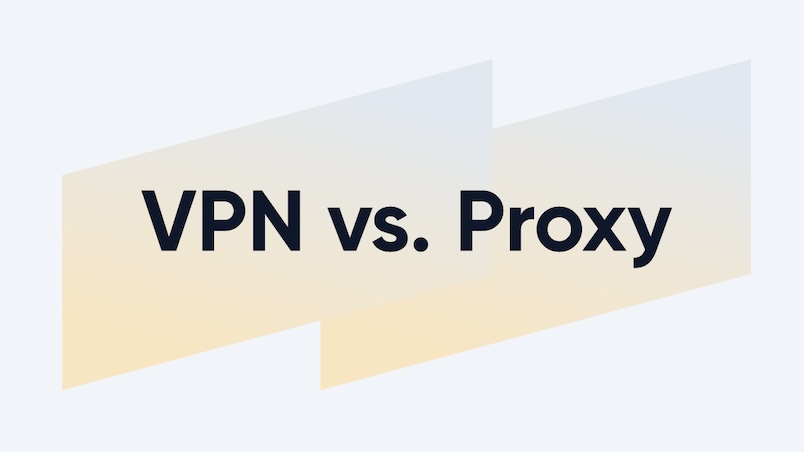VPN or Proxy, which one is more Secure

When comparing the security of VPNs (Virtual Private Networks) and proxy servers, VPNs are generally considered to be more secure. Here are the key differences that highlight this distinction:
Encryption
VPNs encrypt your data, providing a secure tunnel for all your internet traffic. This means that any data you send or receive is scrambled, making it unreadable to hackers, government agencies, and other entities. In contrast, proxy servers do not encrypt traffic, which leaves your data vulnerable to interception and monitoring.
Privacy Policies
Many reputable VPN providers have strict no-log policies, meaning they do not track or store your online activities. This enhances your privacy significantly compared to proxy servers, which may log user activity and sell that data to third parties.
Coverage
VPNs operate at the operating system level, securing all internet activity across all applications on your device. Proxies typically only work at the application level, meaning they may only protect specific apps or browsers, leaving other activities exposed.
Performance and Reliability
While both VPNs and proxies can affect browsing speed, free proxy services are often slower and less reliable due to limited infrastructure and support. VPNs, especially paid ones, tend to offer better performance and stability.
In summary, if security and privacy are your primary concerns, using a VPN is the superior choice due to its encryption capabilities and comprehensive coverage of all internet traffic. Proxy servers may provide some level of anonymity but lack the robust security features offered by VPNs.